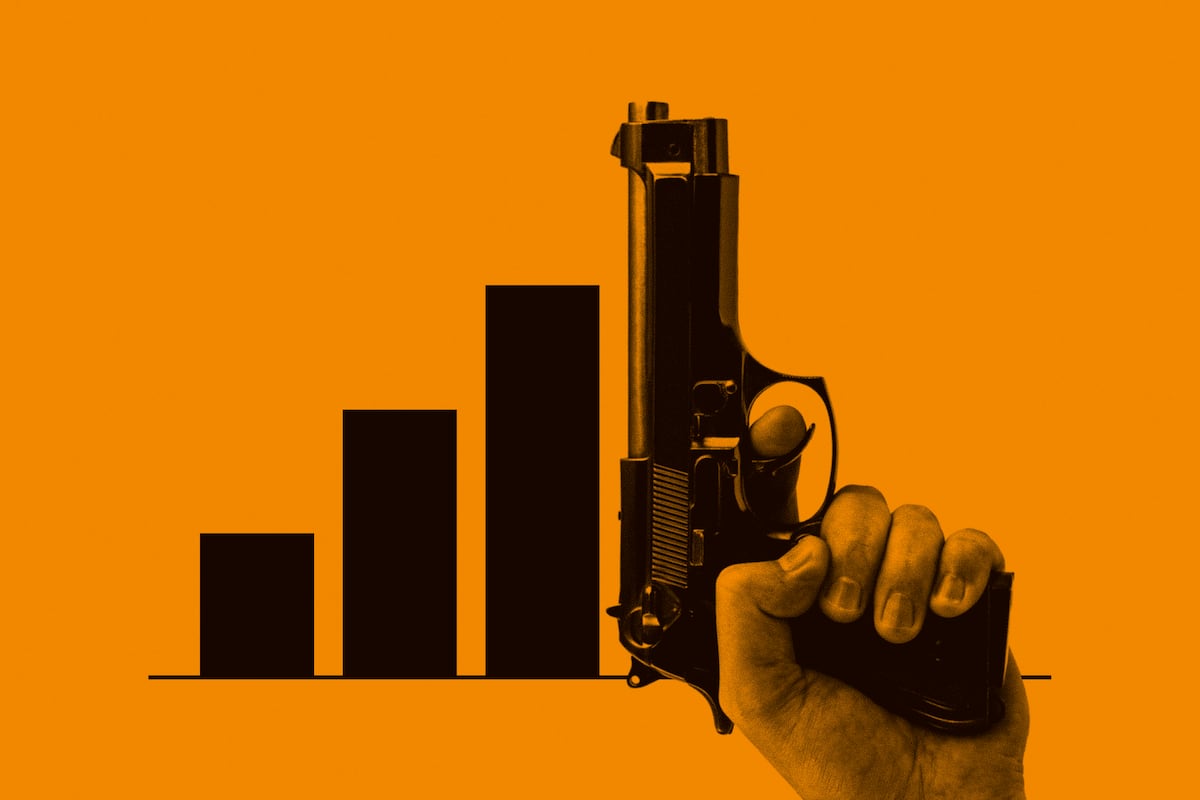
"The illegal economy is incredibly difficult to measure, given that it is hidden nearly by definition. But some estimates do exist, and those that do are staggering."
"Crime and violence are embedded in society and weigh down growth, slow investment, and cause more inequality, impacting economies globally."
Organized crime has become a pervasive threat worldwide, exacerbated by armed conflicts and crises impacting democracies. According to GI-TOC, 83% of the global population resides in areas with high violence levels. Criminal activities, from human trafficking to cybercrime, are now integral aspects of illicit economies, with significant influences on legal markets. David Luna highlights the consequences of crime on growth, investment, and inequality. IMF findings underline these issues, showing rising homicides in Latin America correlate with declining economic activity. Crime affects perceptions, notably within stock markets, where heightened crime news impacts industrial production negatively.
Read at english.elpais.com
Unable to calculate read time
Collection
[
|
...
]